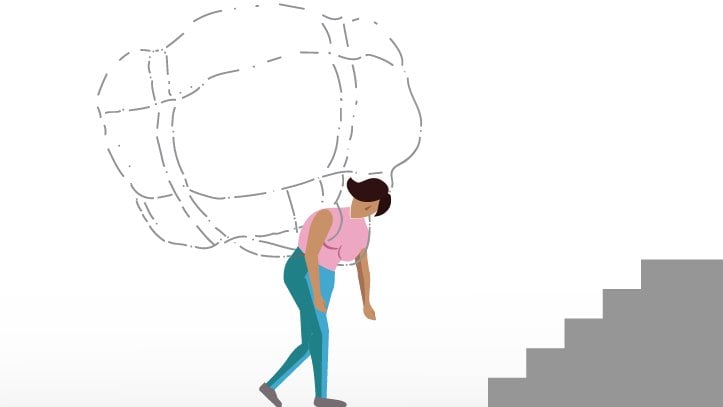The first of three…..

The Feldenkrais Method explores how the brain can change. Multiple Sclerosis is a disease that affects the brain, the nervous system. I often work with those who have Mulitple Sclerosis, (MS). I have worked with folks with Multiple Sclerosis but I also have a relationship that’s up close and personal. While I don’t have the actual condition, it’s been a part of my life since I was four and my father was diagnosed. The disease took him two weeks after my fourth birthday, on April 30th 1955. My father’s brother, Benjamin (for whom I am named) was diagnosed and died of it in the 1930’s. In 1986, it claimed the life of my sister, Susan.
Multiple Sclerosis has left its indelible mark on my family.
 My family has been involved with the MS society for as long as I can remember. As a small boy, my brother Eli walked house to house with the little box collecting for the MS “hope chest.” My friends and I put on backyard shows, charging money and donating. My brother and I remain quite involved and I still write and speak about MS to whoever will listen. My daughters and I have participated in the MS walk every year since they were born.
My family has been involved with the MS society for as long as I can remember. As a small boy, my brother Eli walked house to house with the little box collecting for the MS “hope chest.” My friends and I put on backyard shows, charging money and donating. My brother and I remain quite involved and I still write and speak about MS to whoever will listen. My daughters and I have participated in the MS walk every year since they were born.
 When I was a young physical therapist in 1976, I started the first class for MS patients at UCLA. In 1991, after I became a Guild Certified Feldenkrais Practioner® I taught a weekly Awareness Through Movement®class sponsored by the MS Society.
When I was a young physical therapist in 1976, I started the first class for MS patients at UCLA. In 1991, after I became a Guild Certified Feldenkrais Practioner® I taught a weekly Awareness Through Movement®class sponsored by the MS Society.
Here’s why I find that the Feldenkrais Method® to be an ideal approach to work with people with Multiple Sclerosis:
Since we know that MS can affect any part of the nervous system that is covered with myelin (the “insulation” covering nerves), any approach to increase function must involve the whole person. That makes the Feldenkrais Method® a good match; not only because it connects one part of the body to others, but because it involves no stress, increased energy use, pain, or sweat. Also, it actually can lower an over-heated body temperature by relaxing the “fight or flight” system.
What also makes the Feldenkrais Method® such a great fit for MS is that depending on what type a person has, symptoms can vary widely from day to day. Since the Feldenkrais Method® is about awareness, how to attain it, and how to use it, the student (patient) is able to assess herself continuously and create her own strategies for change.
The combination of awareness and flexibility is very powerful in combating the effects of this disease. Using muscles to move rather than to support will improve range of motion and aid in increasing energy. Initiating motion from the large muscles closer to the center of our bodies will allow for a more proportional distribution of movement, thus allowing energy and strength conservation, two major concerns for MS patients. In turn, these components add to the maintenance of flexibility of the joints and muscles that are important for walking and other daily living activities.
All of us have enormous potential for learning, no matter what our physical ability is in any moment. Learning about awareness, flexibility, and change will enhance function.
Think about this for a bit. I have two more blogs coming on this subject. Contact me with questions or comments
Beth Rubenstein, MS,PT, GCFP
https://movementmatters.us
click for an article about the Feldenkrais Method and MS


